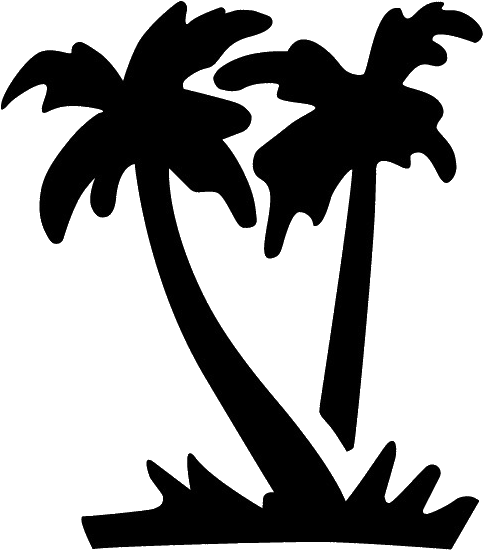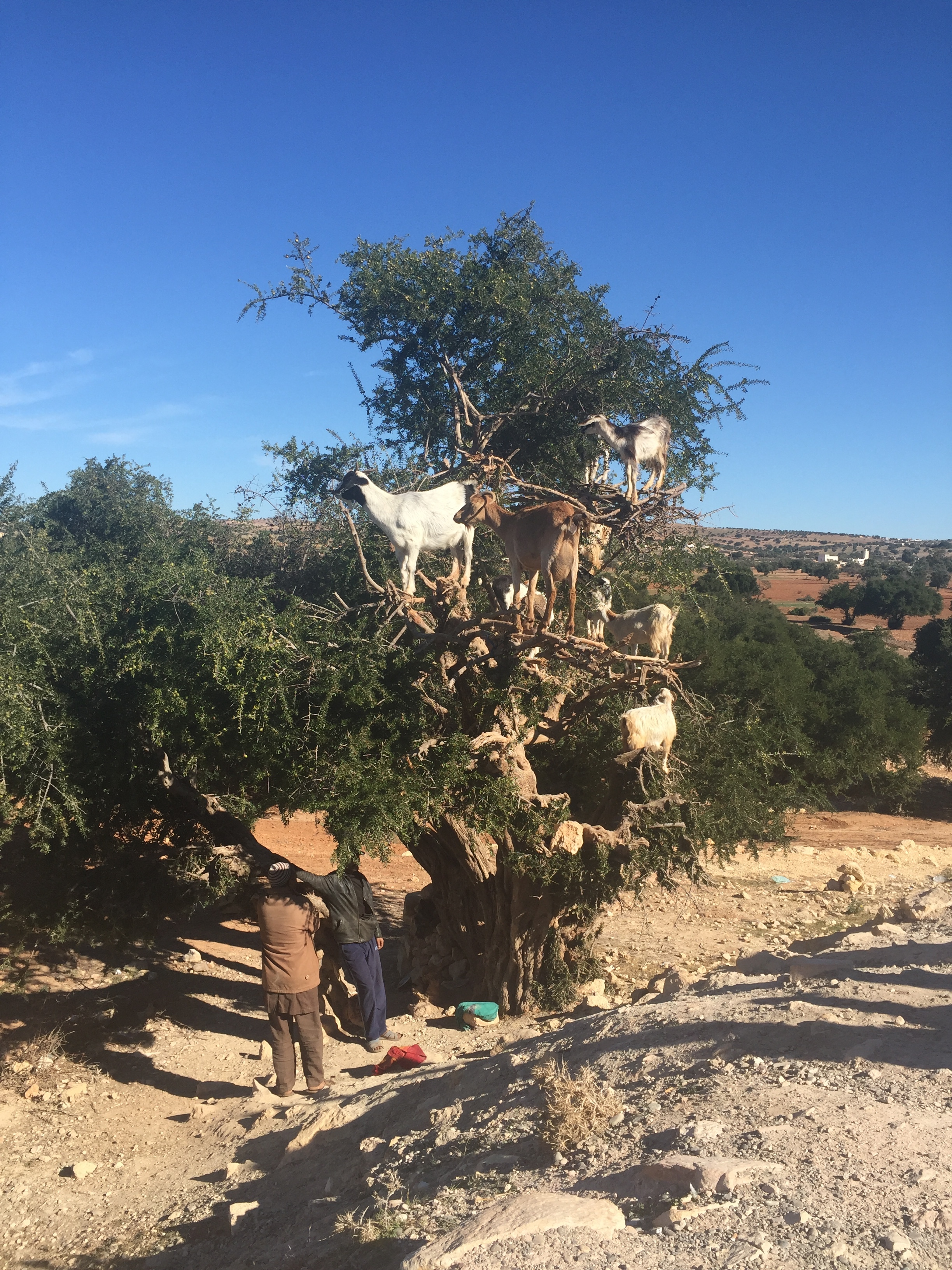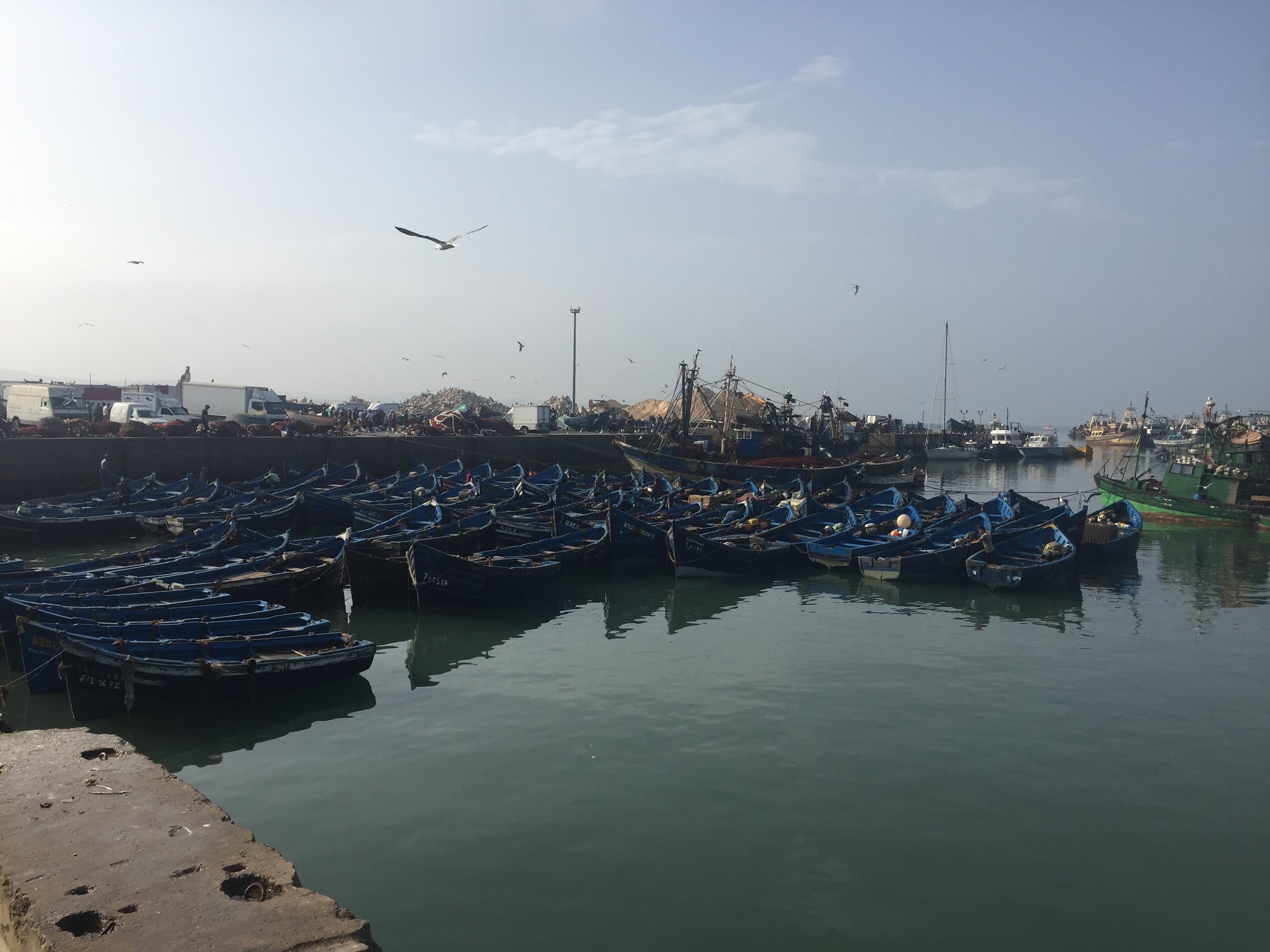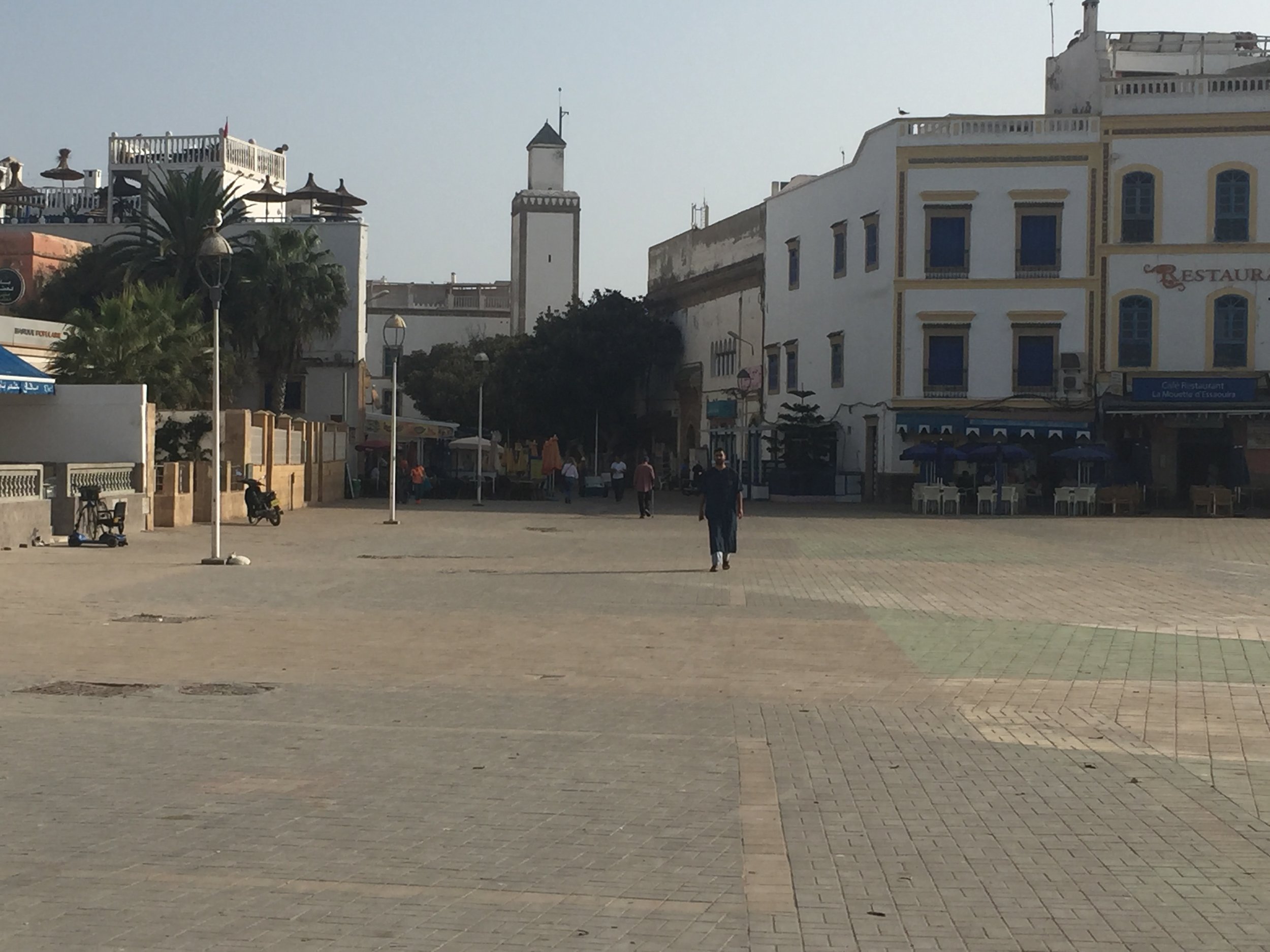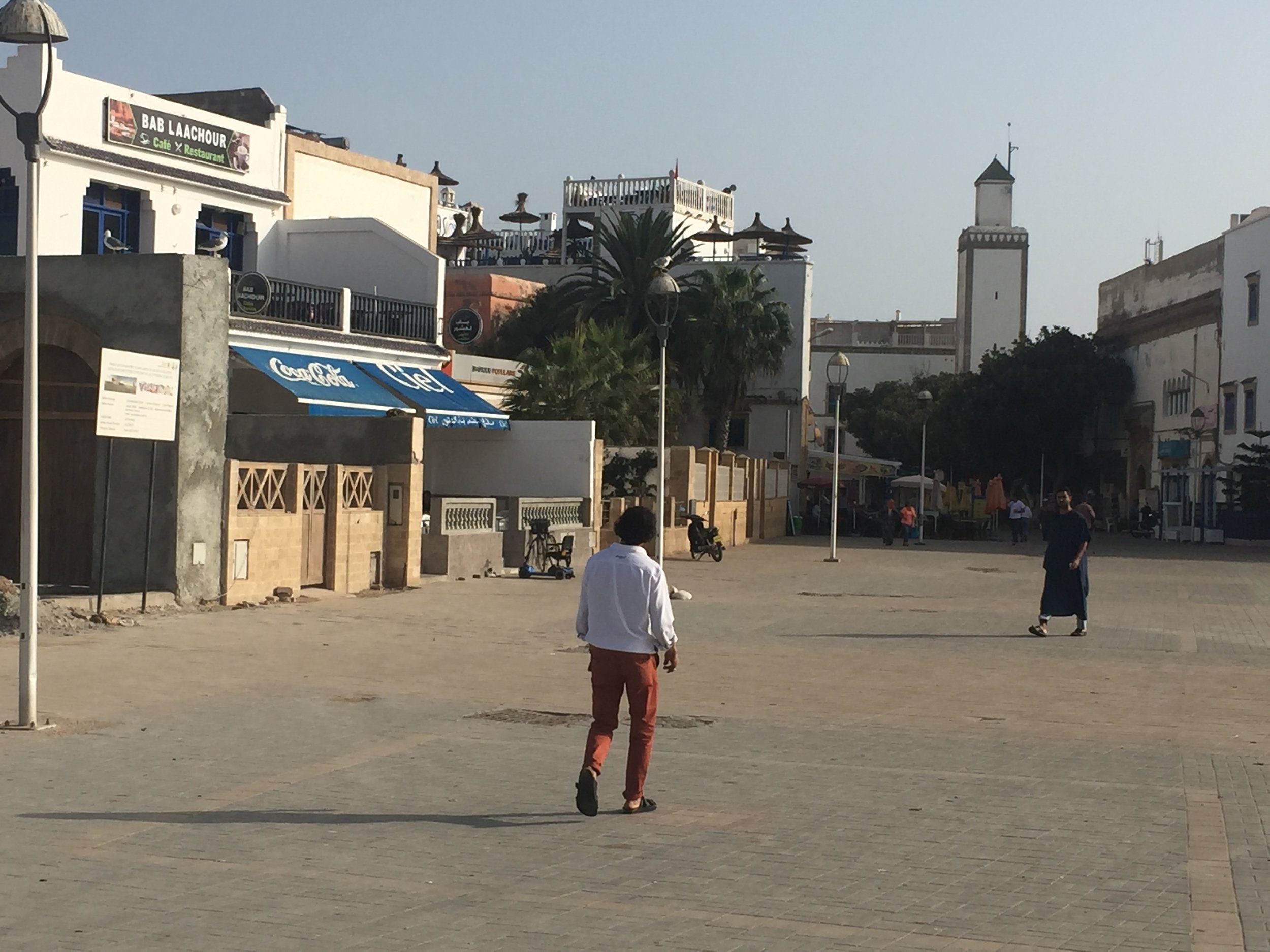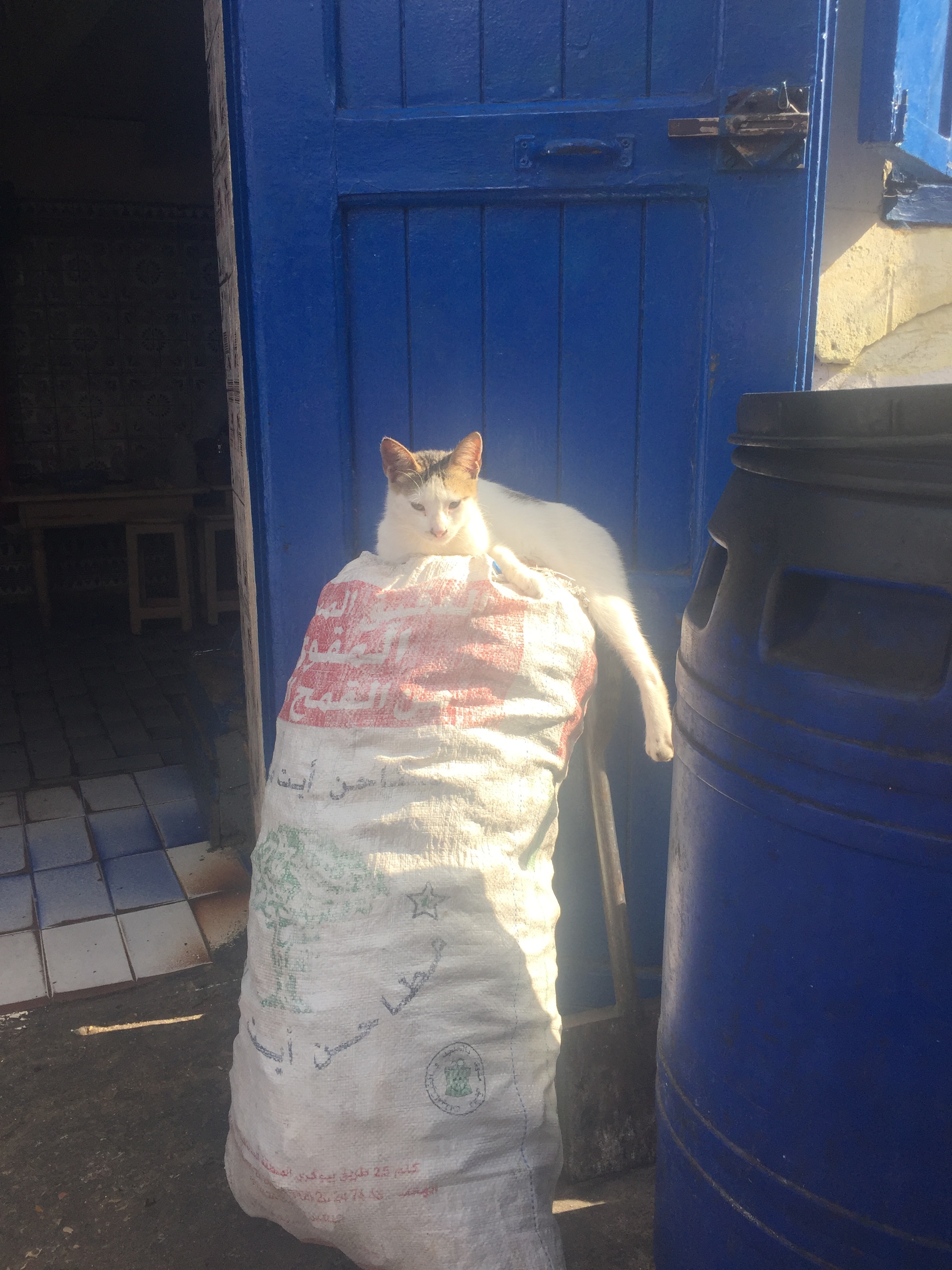On August 30, Mellah sent senior correspondent John Honeyman from Toronto, Canada to Marrakesh, Morocco on a rug buying trip. Over the next 4 weeks Mellah will be publishing his dispatches from the cities and souks of Morocco. See below for Part 3 or click here for part 1, here for part 2.
THE ROAD TO ESSAOUIRA
Mustafa has a different rental Dacia Logan now, this time a diesel model in forest green. The gas light has been on since we got it from the rental agency outside Mustafa's apartment, but it doesn't perturb him much. He smokes and talks on his cell phone while driving 120 kilometers an hour on a road with a speed limit of 60. He weaves through the ubiquitous donkeys and motorbikes, swearing and making obscene hand gestures at other drivers. His particular brand of road rage is funny: he needs to instruct as much as berate. Each transgression is a teachable moment in acid-tongued Arabic. The offenders are made acutely aware of how they are fucking up, and they appear both bemused and chastened. This all fits into what I dub Mustafa's "daddy complex." We have taken on semi-serious nicknames of "Buddy" and "Daddy." Daddy is the wise, all powerful leader, while Buddy is the acquiescent and impotent patsy who has taken the backseat to Daddy's whims. Daddy sets every day's agenda, rents the cars, buys the food and deals with the vendors in Arabic. At the best of times, transparency is not a core competency of Moroccan rug dealers—in fact they thrive and profit from the information deficit between themselves and the buyers. Mustafa takes this opacity to near Nixonian levels. I cede control and autonomy via this confidence sapping and demeaning arrangement, but I also welcome it. I no longer feel like an experienced traveler, a business owner and a father; I feel like a mute with a wallet ready to be fed and transported by my wise and benevolent daddy. We joke about it, but like any joke worth laughing at, it is also mainly true: the nicknames are accurate. We pull into a gas station just as the car is about to die and Mustafa puts in ten liters, even though 200 kilometers remain on our trip to the coast. He puts the gas in the car while I sit and read the newspaper on my phone. He pays, naturally.
Marrakesh was hot. Like, really hot. Every day was at least 45 degrees, cloudy, and humid. Moroccans opened conversations with weather woes, similar to Canadians in the dead of winter. It had been exhausting choosing the rugs from Choukri's store, and I was desperate to get to the coast for cooler temperatures. We needed to leave and Mustafa was happy to take me.
The plains outside of Marrakesh are dry and desolate, only occasionally punctuated by towns and palm oases. There are scrubby argan trees along the side of the highway, whose kernels are harvested to make oil for food and beauty products. Goats like to eat the nuts straight from the source, and climb the trees to the get them. Goatherds are happy to take a few dirhams from tourists for photos. There are a few cities, the most notable being Chichaoua, famous for its eponymous monochromatic red rugs. Mustafa and I stop in Chichaoua for fried chicken and so I can make several withdrawals from an ATM to settle a deal we had made in Marrakesh for wedding blankets. I am surprised that my bank in Canada allows this. I give Mustafa his 8000 dirhams. Buddy is fed and Daddy is rich.
We arrive in Sidi Kaouki, a small seaside town 13 kilometers from Essaouira. The air is cooler, and the villa that Mustafa has rented is comfortable and clean. There are a few restaurants, guests houses and surf shops along the coast, and surfers—both Moroccan and tourists—bob just past the breakers. Groups of Moroccan boys play soccer on the beach and guides snooze against their idle camels. I observe all this from the patio of our villa. The heat and hustle of Marrakesh has exhausted me, and I'm content to sit in a comfortable chair and look at the Atlantic ocean, grateful that I am not in a carpet shop. Mustafa gets bored and disappears with the Logan while I return inside in search of English satellite TV channels . I find a children's movie and nod off for a little.
The sunset view from our villa in Sidi Kaouki.
Mustafa returns with cold beer, white wine, two tagines, and a greasy paper bag of fried shrimp and calamari. The mood has lifted. We have been spending too much time with each other— especially because we don't know each other that well—and the latent transactional character of our relationship has made the vibe a little terse and awkward at times. We eat and drink on the patio and talk about our families. Mustafa has two little girls who live in Germany and he misses them greatly. They are homeschooled and live on an organic farm with his German wife, and come to Marrakesh only a few times a year. Mustafa hustles hard to make money to support them, and he never stops working. Even as we eat he conducts business on his phone, which, like mine, has as many pictures of rugs as it does of his children.
Takeaway, Moroccan style. No disposable dishes here—we returned the clay tagines the next day.
The next day we drive to Essaouira. By now, I am used to Mustafa's driving and it doesn't phase me as he accelerates to 120 kilometers an hour in blind curves on a narrow road. I scoff at the gas light. The air feels wonderful and I am excited to go to Essaouira, a very relaxed city by Moroccan standards. We walk by the main harbor where the fishing boats are docked. Stray cats and gulls compete for fish remnants and fishermen bring in the day's catch. We stroll through the main square on our way to get soup at Mustafa's friend's restaurant. Along the way Mustafa upbraids a man for mistreating a donkey, admonishes some kids for getting too close to us while they're playing soccer, and gives money to every single beggar we see. Like in Marrakesh, Mustafa knows everyone; it is impossible to walk more than a few meters before he stops to greet friends with the double cheek kiss and longer-than-casual conversations. We eat soup, buy some argan oil, and go to Patisserie Driss for coffee and pain au chocolat before we return to our patio, satellite TV, and swimming pool in Sidi Kaouki. The respite has been welcome, but there is still much work to do in Marrakesh, and Mustafa and I are getting antsy.
